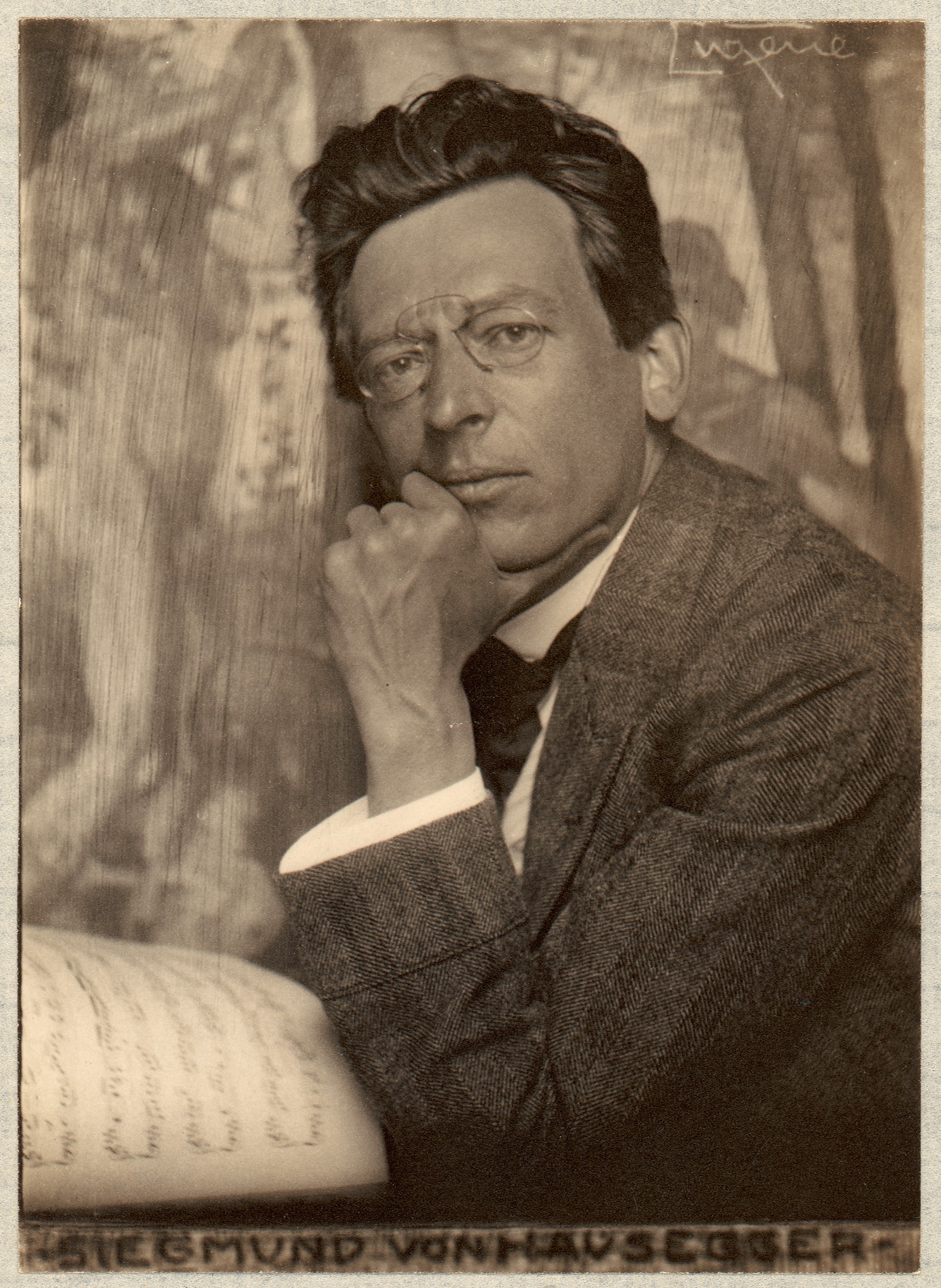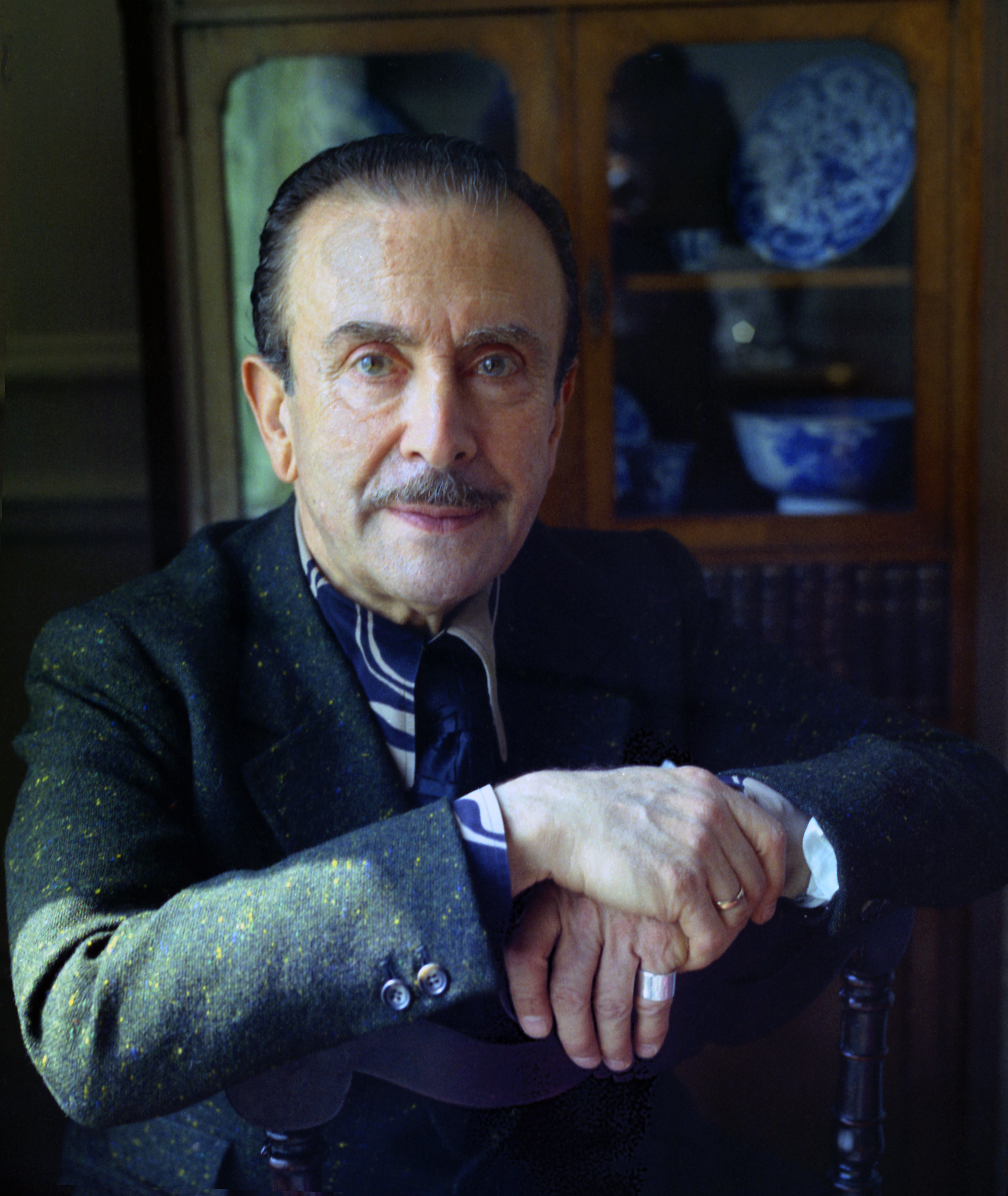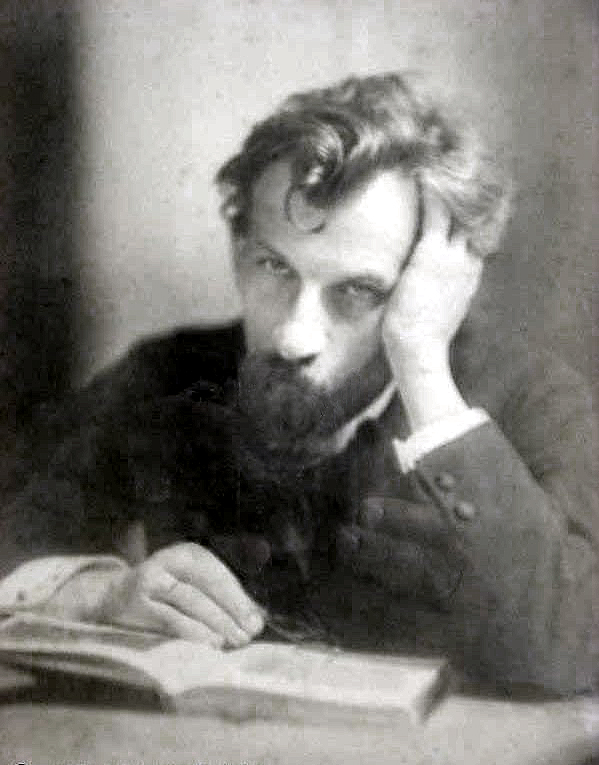|
Allgemeiner Deutscher Musikverein
The Allgemeiner Deutscher Musikverein (ADMV, "General German Music Association") was a German musical association founded in 1861 by Franz Liszt and Franz Brendel, to embody the musical ideals of the New German School of music. Background At the ''Tonkünstler-Versammlung'' (Musicians Assembly) of 1859 in Leipzig, the organisers, Liszt and Brendel, wanted to open the path for the foundation of a "Allgemeiner Deutscher Musikverein" (General German Music Association), to embody what they thought of as the core principles of the New German School (q.v.) of music. The proposal was introduced by Louis Köhler on the afternoon of 3 June 1861. It was supported in speeches by prominent persons, among them Liszt, and then accepted. On 7 August 1861, at the next ''Tonkünstler-Versammlung'', for this time in Weimar, the foundation of the ''ADMV'' took place. The association started with 202 members, 37 of them from abroad.Lucke-Kaminiarz: ''Der Allgemeine Deutsche Musikverein'', p. 2 ... [...More Info...] [...Related Items...] OR: [Wikipedia] [Google] [Baidu] |
Allgemeiner Deutscher Musikverein (logo, 1861)
The Allgemeiner Deutscher Musikverein (ADMV, "General German Music Association") was a German musical association founded in 1861 by Franz Liszt and Franz Brendel, to embody the musical ideals of the New German School of music. Background At the ''Tonkünstler-Versammlung'' (Musicians Assembly) of 1859 in Leipzig, the organisers, Liszt and Brendel, wanted to open the path for the foundation of a "Allgemeiner Deutscher Musikverein" (General German Music Association), to embody what they thought of as the core principles of the New German School (q.v.) of music. The proposal was introduced by Louis Köhler on the afternoon of 3 June 1861. It was supported in speeches by prominent persons, among them Liszt, and then accepted. On 7 August 1861, at the next ''Tonkünstler-Versammlung'', for this time in Weimar, the foundation of the ''ADMV'' took place. The association started with 202 members, 37 of them from abroad.Lucke-Kaminiarz: ''Der Allgemeine Deutsche Musikverein'', p. 2 ... [...More Info...] [...Related Items...] OR: [Wikipedia] [Google] [Baidu] |
Franz Liszt
Franz Liszt, in modern usage ''Liszt Ferenc'' . Liszt's Hungarian passport spelled his given name as "Ferencz". An orthographic reform of the Hungarian language in 1922 (which was 36 years after Liszt's death) changed the letter "cz" to simply "c" in all words except surnames; this has led to Liszt's given name being rendered in modern Hungarian usage as "Ferenc". From 1859 to 1867 he was officially Franz Ritter von Liszt; he was created a ''Ritter'' (knight) by Emperor Franz Joseph I of Austria, Francis Joseph I in 1859, but never used this title of nobility in public. The title was necessary to marry the Princess Carolyne zu Sayn-Wittgenstein without her losing her privileges, but after the marriage fell through, Liszt transferred the title to his uncle Eduard in 1867. Eduard's son was Franz von Liszt., group=n (22 October 1811 – 31 July 1886) was a Hungarian composer, pianist and teacher of the Romantic music, Romantic period. With a diverse List of compositions by Franz L ... [...More Info...] [...Related Items...] OR: [Wikipedia] [Google] [Baidu] |
Siegmund Von Hausegger
Siegmund von Hausegger (16 August 1872 – 10 October 1948) was an Austrian composer and conductor. Early life Siegmund was born in Graz, the son of Friedrich von Hausegger (1837-1899), a lawyer and writer on music. According to Siegmund's own account, Friedrich was "one of the first in Austria to recognize the greatness of Richard Wagner and to exert himself to the utmost in propagating his music and his ideas". Article "Hausegger, Siegmund". According to one account, the young von Hausegger may have been made the vehicle of his critic-father's ideals. Siegmund studied music initially under his father, and a strong Wagnerian tinge is found in his own compositions, which included masses, operas and symphonic poems as well as many choruses and songs. At the age of nineteen, von Hausegger composed a ''Mass'' for chorus and orchestra that he described as "my first serious composition". Originally intended to be performed at his college, the work proved too challenging fo ... [...More Info...] [...Related Items...] OR: [Wikipedia] [Google] [Baidu] |
Eugen D'Albert
Eugen (originally Eugène) Francis Charles d'Albert (10 April 1864 – 3 March 1932) was a Scottish-born pianist and composer. Educated in Britain, d'Albert showed early musical talent and, at the age of seventeen, he won a scholarship to study in Austria. Feeling a kinship with German culture and music, he soon emigrated to Germany, where he studied with Franz Liszt and began a career as a concert pianist. D'Albert repudiated his early training and upbringing in Scotland and considered himself German. While pursuing his career as a pianist, d'Albert focused increasingly on composing, producing 21 operas and a considerable output of piano, vocal, chamber and orchestral works. His most successful opera was '' Tiefland'', which premiered in Prague in 1903. His successful orchestral works included his cello concerto (1899), a symphony, two string quartets and two piano concertos. In 1907 d'Albert became the director of the Hochschule für Musik in Berlin, where he exerted a wide ... [...More Info...] [...Related Items...] OR: [Wikipedia] [Google] [Baidu] |
Hans Von Bülow
Freiherr Hans Guido von Bülow (8 January 1830 – 12 February 1894) was a German conductor, virtuoso pianist, and composer of the Romantic era. As one of the most distinguished conductors of the 19th century, his activity was critical for establishing the successes of several major composers of the time, especially Richard Wagner and Johannes Brahms. Alongside Carl Tausig, Bülow was perhaps the most prominent of the early students of the Hungarian composer, virtuoso pianist and conductor Franz Liszt; he gave the first public performance of Liszt's Sonata in B minor in 1857. He became acquainted with, fell in love with and eventually married Liszt's daughter Cosima, who later left him for Wagner. Noted for his interpretation of the works of Ludwig van Beethoven, he was one of the earliest European musicians to tour the United States. Life and career Bülow was born in Dresden into an old and prominent House of Bülow. He was the son of novelist Karl Eduard von Bülow ( ... [...More Info...] [...Related Items...] OR: [Wikipedia] [Google] [Baidu] |
Neue Zeitschrift Für Musik
'Die'' (; en, " heNew Journal of Music") is a music magazine, co-founded in Leipzig by Robert Schumann, his teacher and future father-in law Friedrich Wieck, and his close friend Ludwig Schuncke. Its first issue appeared on 3 April 1834. History Although the first editor was Julius Knorr, most of the work on the early issues of the ''Neue Zeitschrift'' (NZM) was done by Schumann; in 1835, when a new publisher was found, Schumann's name appeared as editor. In his reviews, he praised those of the new generation of musicians who deserved acclaim, including Frédéric Chopin Frédéric François Chopin (born Fryderyk Franciszek Chopin; 1 March 181017 October 1849) was a Polish composer and virtuoso pianist of the Romantic period, who wrote primarily for solo piano. He has maintained worldwide renown as a leadin ... and Hector Berlioz. Schuncke wrote some articles under the byline "Jonathan" but died at the age of 23 in December 1834. In June 1843, Schumann's other commitm ... [...More Info...] [...Related Items...] OR: [Wikipedia] [Google] [Baidu] |
Arnold Schoenberg
Arnold Schoenberg or Schönberg (, ; ; 13 September 187413 July 1951) was an Austrian-American composer, music theorist, teacher, writer, and painter. He is widely considered one of the most influential composers of the 20th century. He was associated with the expressionist movement in German poetry and art, and leader of the Second Viennese School. As a Jewish composer, Schoenberg was targeted by the Nazi Party, which labeled his works as degenerate music and forbade them from being published. He immigrated to the United States in 1933, becoming an American citizen in 1941. Schoenberg's approach, bοth in terms of harmony and development, has shaped much of 20th-century musical thought. Many composers from at least three generations have consciously extended his thinking, whereas others have passionately reacted against it. Schoenberg was known early in his career for simultaneously extending the traditionally opposed German Romantic styles of Brahms and Wagner. Later, hi ... [...More Info...] [...Related Items...] OR: [Wikipedia] [Google] [Baidu] |
Claudio Arrau
Claudio Arrau León (; February 6, 1903June 9, 1991) was a Chilean pianist known for his interpretations of a vast repertoire spanning the baroque to 20th-century composers, especially Bach, Beethoven, Schubert, Chopin, Schumann, Liszt and Brahms. He is widely considered one of the greatest pianists of the twentieth century. Life Arrau was born in Chillán, Chile, the son of Carlos Arrau, an ophthalmologist who died when Claudio was only a year old, and Lucrecia León Bravo de Villalba, a piano teacher. He belonged to an old, prominent family of Southern Chile. His ancestor Lorenzo de Arrau, a Spanish engineer, was sent to Chile by King Carlos III of Spain. Through his great-grandmother, María del Carmen Daroch del Solar, Arrau was a descendant of the Campbells of Glenorchy, a Scottish noble family. Arrau was raised as a Catholic, but gave it up in his late teens. Arrau was a child prodigy and he could read music before he could read words, but unlike many virtuosos, t ... [...More Info...] [...Related Items...] OR: [Wikipedia] [Google] [Baidu] |
Hans Pfitzner
Hans Erich Pfitzner (5 May 1869 – 22 May 1949) was a German composer, conductor and polemicist who was a self-described anti-modernist. His best known work is the post-Romantic opera ''Palestrina'' (1917), loosely based on the life of the sixteenth-century composer Giovanni Pierluigi da Palestrina and his ''Missa Papae Marcelli''. Life Pfitzner was born in Moscow where his father played cello in a theater orchestra. The family returned to his father's native town Frankfurt in 1872, when Pfitzner was two years old, he always considered Frankfurt his home town. He received early instruction in violin from his father, and his earliest compositions were composed at age 11. In 1884 he wrote his first songs. From 1886 to 1890 he studied composition with Iwan Knorr and piano with James Kwast at the Hoch Conservatory in Frankfurt. (He later married Kwast's daughter Mimi Kwast, a granddaughter of Ferdinand Hiller, after she had rejected the advances of Percy Grainger.) He taught pi ... [...More Info...] [...Related Items...] OR: [Wikipedia] [Google] [Baidu] |
Max Reger
Johann Baptist Joseph Maximilian Reger (19 March 187311 May 1916) was a German composer, pianist, organist, conductor, and academic teacher. He worked as a concert pianist, as a musical director at the Paulinerkirche, Leipzig, Leipzig University Church, as a professor at the Leipzig Conservatory, Royal Conservatory in Leipzig, and as a music director at the court of Duke Georg II of Saxe-Meiningen. Reger first composed mainly ''Lieder'', chamber music, choral music and works for piano and organ. He later turned to orchestral compositions, such as the popular ''Variations and Fugue on a Theme by Mozart'' (1914), and to works for choir and orchestra such as ''Gesang der Verklärten'' (1903), ' (1909), ''Der Einsiedler'' and the ''Requiem (Reger), Hebbel Requiem'' (both 1915). Biography Born in Brand, Bavaria, Brand, Kingdom of Bavaria, Bavaria, Reger was the first child of Josef Reger, a school teacher and amateur musician, and his wife Katharina Philomena. The devout Catholic fa ... [...More Info...] [...Related Items...] OR: [Wikipedia] [Google] [Baidu] |
Felix Draeseke
Felix August Bernhard Draeseke (7 October 1835 – 26 February 1913) was a composer of the "New German School" admiring Franz Liszt and Richard Wagner. He wrote compositions in most forms including eight operas and stage works, four symphonies, and much vocal and chamber music. Life Felix Draeseke was born in the Franconian ducal town of Coburg, Germany. He was attracted to music early in life and wrote his first composition at age 8. He encountered no opposition from his family when, in his mid-teens, he declared his intention of becoming a professional musician. A few years at the Leipzig conservatory did not seem to benefit his development, but after one of the early performances of Wagner's ''Lohengrin'' he was won to the camp of the New German School centered on Franz Liszt at Weimar, where he stayed from 1856 (arriving just after Joachim Raff's departure) to 1861. In 1862 Draeseke left Germany and made his way to Switzerland, teaching in the Suisse Romande in the area aro ... [...More Info...] [...Related Items...] OR: [Wikipedia] [Google] [Baidu] |
August Göllerich
August Göllerich (2 July 185916 March 1923) was an Austrian pianist, conductor, music educator and music writer. He studied the piano with Franz Liszt, who made him also his secretary and companion on concert tours. Göllerich is known for studying the life and work of Anton Bruckner whose secretary and friend he was. He initiated and conducted concerts of Bruckner's music in Linz, and wrote an influential biography. Life Born in Linz, the son of the Wels town secretary and later member of the Reich Council and State Parliament and his wife Maria, née Nowotny, Göllerich grew up in middle-class circumstances. His father was a member of a liberal writers and literary association in Wels. Göllerich attended the Linz Realschule, which he completed with the Matura. He studied mathematics at the University of Vienna, as his father wished. In 1882, he attended the Bayreuth Festival. After his father's death in 1883, he devoted himself entirely to music, studying in Vienna the pia ... [...More Info...] [...Related Items...] OR: [Wikipedia] [Google] [Baidu] |
.png)



.jpg)



